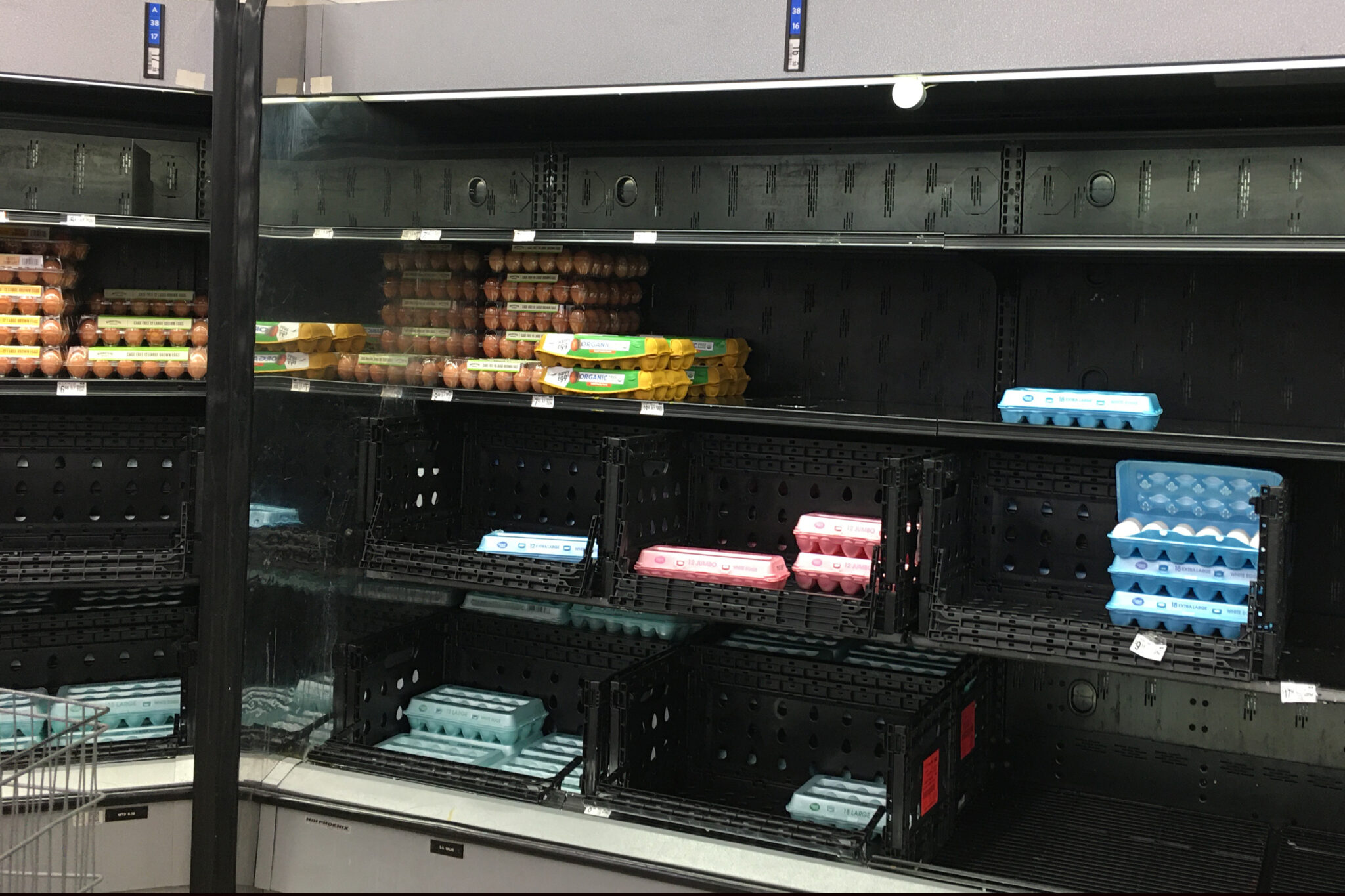Beyond Gridlock: How America Can Break Free from the Zero-Sum Political Trap
Politics
2025-03-22 12:30:00Content

In an era of political polarization, the concept of abundance offers a rare moment of bipartisan agreement. Both progressive and conservative thinkers are increasingly recognizing that solving complex societal challenges requires a fundamental shift towards creating more—not just redistributing what already exists.
The core idea is simple yet powerful: By focusing on expanding opportunities, increasing innovation, and removing barriers to growth, we can create a more prosperous society for everyone. This approach transcends traditional ideological divides, offering a hopeful vision that doesn't rely on zero-sum thinking.
Progressives see abundance as a path to addressing inequality, while conservatives view it as a strategy for economic dynamism. Whether it's renewable energy, housing, technology, or education, the abundance mindset suggests we can solve problems by dramatically increasing resources and opportunities rather than fighting over limited supplies.
Key to this approach is removing regulatory obstacles, encouraging innovation, and investing in breakthrough technologies. It's about believing that human creativity and technological progress can generate solutions that were previously unimaginable.
The bipartisan appeal of abundance lies in its optimistic, forward-looking perspective. Instead of getting trapped in divisive debates about scarcity, it invites us to imagine and create a future of unprecedented possibility and shared prosperity.
Bridging Political Divides: The Transformative Power of Collaborative Abundance
In an era of increasing political polarization, a groundbreaking approach emerges that challenges traditional partisan boundaries. The concept of abundance transcends political ideologies, offering a revolutionary framework for addressing complex societal challenges through collaborative innovation and shared prosperity.Reimagining Progress Through Collective Potential
The Paradigm of Collaborative Potential
Political landscapes have long been characterized by divisive rhetoric and zero-sum thinking. However, the abundance mindset represents a radical departure from this traditional approach. By focusing on collective growth and shared opportunities, political actors can move beyond ideological constraints and create transformative solutions that benefit entire communities. The essence of abundance thinking lies in recognizing that societal challenges are not insurmountable obstacles but opportunities for collaborative problem-solving. This perspective encourages politicians and citizens alike to view resources, innovation, and human potential as expansive rather than limited.Economic Implications of Abundance Thinking
Economic strategies rooted in abundance challenge conventional scarcity-based models. By prioritizing innovation, technological advancement, and inclusive economic policies, political leaders can unlock unprecedented opportunities for economic growth and social development. Technological breakthroughs and collaborative research initiatives demonstrate how abundance thinking can drive economic transformation. From renewable energy solutions to advanced healthcare technologies, the potential for creating value extends far beyond traditional partisan boundaries.Social Innovation and Collaborative Governance
Abundance thinking reimagines governance as a dynamic, collaborative process that prioritizes collective well-being over narrow ideological interests. This approach requires political leaders to develop more flexible, adaptive strategies that can respond effectively to complex societal challenges. Successful implementation of abundance principles demands a fundamental shift in political communication. By emphasizing shared goals and mutual understanding, politicians can build bridges across ideological divides and create more inclusive, responsive governance models.Technological Convergence and Shared Progress
Emerging technologies provide unprecedented opportunities for collaborative problem-solving. Artificial intelligence, biotechnology, and sustainable infrastructure represent domains where abundance thinking can drive transformative change. The convergence of technological innovation and collaborative governance creates a powerful framework for addressing global challenges. By transcending traditional political limitations, societies can unlock human potential and create more resilient, adaptive systems of social organization.Psychological Dimensions of Abundance
The abundance mindset extends beyond economic and political realms, touching fundamental psychological dynamics. By shifting from scarcity-based thinking to a perspective of collective potential, individuals and communities can develop more innovative, compassionate approaches to complex challenges. Psychological research suggests that abundance thinking promotes creativity, reduces conflict, and enhances collaborative problem-solving. This transformative approach challenges deeply ingrained cognitive patterns and opens new pathways for social innovation.Global Implications and Future Perspectives
As global challenges become increasingly complex, the abundance approach offers a compelling alternative to traditional political frameworks. By prioritizing collaboration, innovation, and shared prosperity, societies can develop more resilient, adaptive strategies for addressing interconnected global issues. The future of political engagement lies not in ideological entrenchment but in recognizing our collective potential. Abundance thinking represents a powerful paradigm shift that can reshape political discourse, economic strategies, and social innovation.RELATED NEWS
Politics

Presidential Pivot: Trump Explores Vintage Airborne Solution for Air Force One Amid Manufacturing Standstill
2025-02-20 19:48:44
Politics

Fort Bliss Tapped as New Migrant Shelter: Pentagon Confirms Controversial Deployment
2025-04-11 22:44:49






